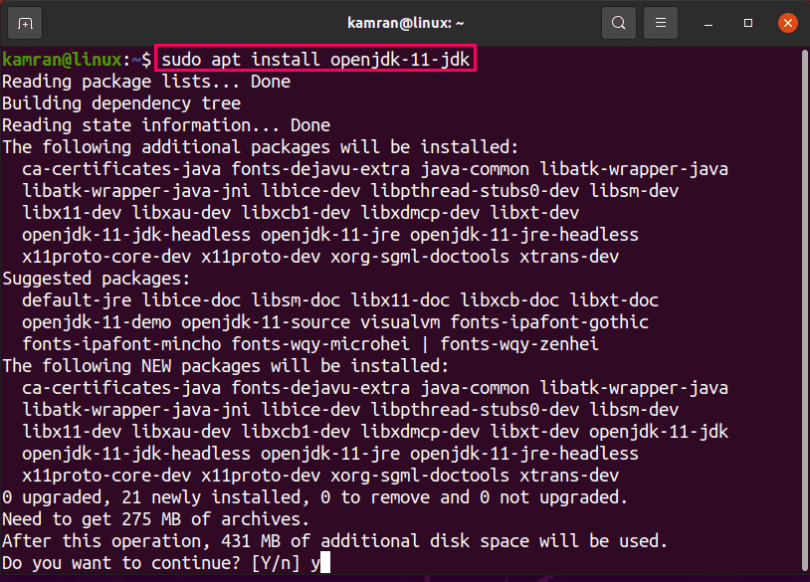
I'm wondering what the motivation is in the Ansible for installing versions contrary to in-house recommendations. (That's in vars/Debian.yml, the alternate vars/Redhat.yml specifies java-1.8.0-openjdk.x86_64) as of this writing, it is recommended that you use the Oracle JDK version 1.8.0_73 I have a new v2.2 cluster (testing for migration) and used the new 'official' role from Įverything is on Ubuntu 14.04 (trusty) at the moment.ĭuring testing I was surprised to discover that the elasticsearch role java.yml task installed openjdk-7-jre-headless since the docs say to use Oracle JDK 8: I have many clusters running ES v1.x which were deployed by my own Ansible playbooks, which originated in the old Traackr version ( ) Java HotSpot(TM) 64-Bit Server VM (build 23.Continuing the discussion from Ansible Role for Elasticsearch now available!: Java(TM) SE Runtime Environment (build 1.7.0_07-b10) Lrwxrwxrwx 1 root root 28 Aug 26 20:05 /usr/bin/javaws -> /usr/java/default/bin/javaws Lrwxrwxrwx 1 root root 27 Aug 26 20:07 /usr/bin/javah -> /usr/java/default/bin/javah Lrwxrwxrwx 1 root root 29 Aug 26 20:05 /usr/bin/javadoc -> /usr/java/default/bin/javadoc Lrwxrwxrwx 1 root root 27 Aug 26 20:05 /usr/bin/javac -> /usr/java/default/bin/javac Lrwxrwxrwx 1 root root 26 Aug 26 20:05 /usr/bin/java -> /usr/java/default/bin/java Lrwxrwxrwx 1 root root 4 Sep 2 10:55 latest -> jdk7


As a working example, here is my installation (note that for my purposes I needed both the 64-bit AND 32-bit versions of both the Java 7 AND Java 6 JDKs, so there's a lot): # ls -al /usr/java/ĭrwxr-xr-x 6 root root 4096 Sep 2 11:02. Obviously, you'll have to fill in some blanks here, but you should get the picture.


#Install openjdk 7 jre download#
#Install openjdk 7 jre install#
I recently had to install Java 7 on CentOS, openSUSE and Ubuntu, and after much fretting and research, finally settled on this, which works on all three flavors:


 0 kommentar(er)
0 kommentar(er)
